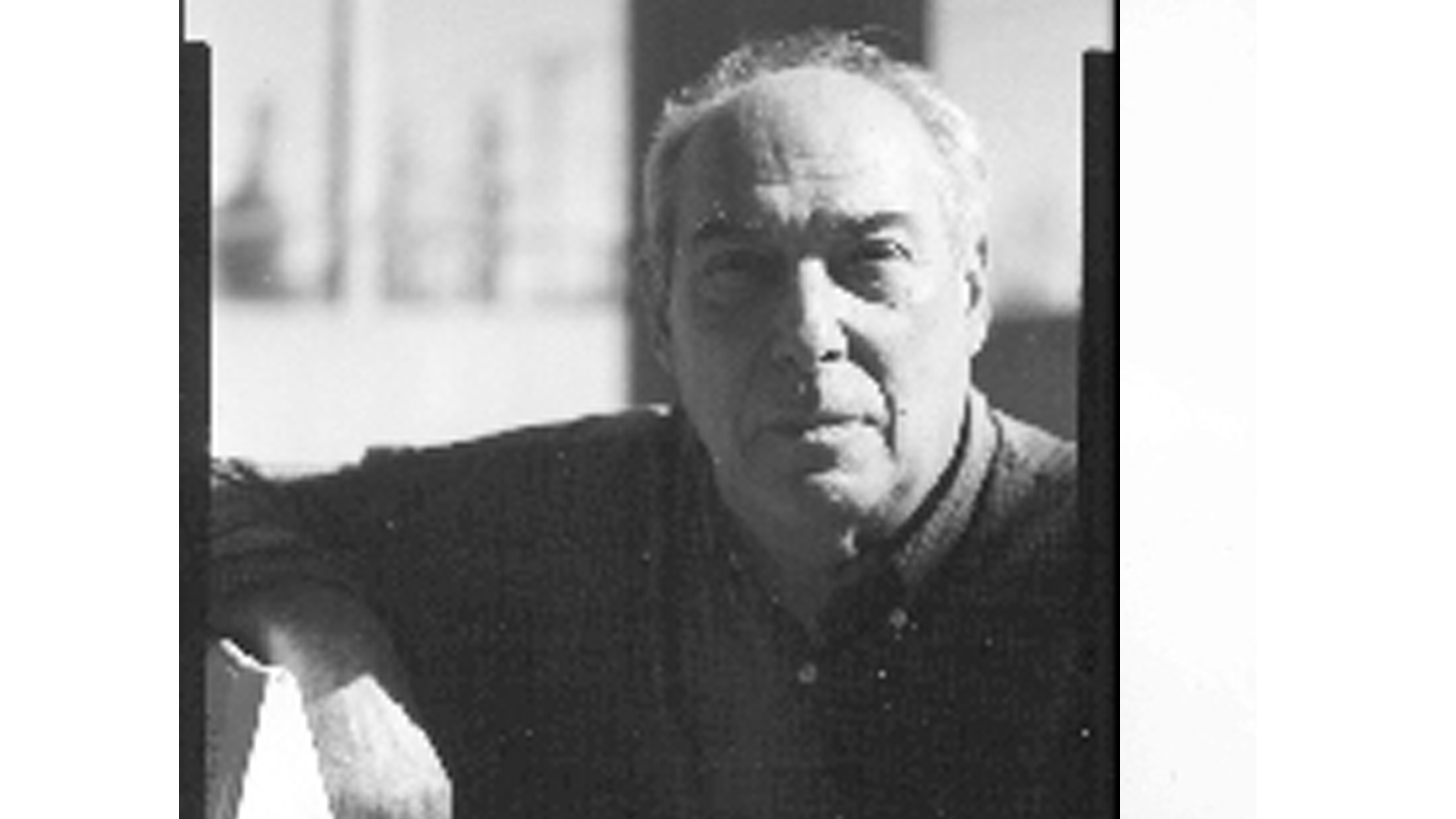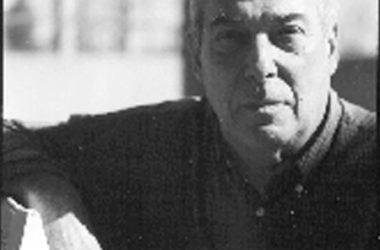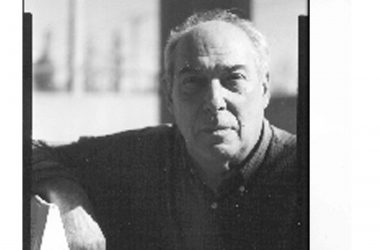Paper presented at the 2nd Haifa Conference for the return of Palestinian refugees and for the Democratic Secular State in Historic Palestine Sponsored by Abnaa Elbalad
By Noel Ignatiev
May 28-30, 2010
In colonial America, people were not enslaved because they were black; rather they were enslaved because they were available for enslavement, and were defined as “black,” that is, members of a distinct race, because they were enslaved. If the dark skin became the badge of slavery and black came to mean slave, by reflex white came to mean someone not subject to slavery, someone who could be relied upon to suppress slave rebellions (and fight Indian wars). A similar process occurred in Palestine, but whereas in North America the decisive events took place a long time ago and the records are obscured by the passage of time, in Palestine they took place within living memory and can be documented in the pages of any reputable newspaper. Just as in America it was not fair skin that created the white race but fair skin in a society that attached meaning to skin color, it was not the Judaic religion or the Hebrew or Yiddish languages that gave birth to the “Jew” as a social identity, but state policy.
In Palestine status is assigned on the basis of ascribed descent (or the approval of the dominant race). The Zionists brought people from fifty countries, speaking different languages and practicing different religions (or no religion at all), and defined them as a single people based on the fiction that they, and only they, are descended from the Biblical Abraham. The claim is so patently false that only Zionists and Nazis even pretend to take it seriously. It gets its force from the power of the State. The steps that created the racial state—the Law of Return, the Absentee Property Law, etc.—need no elaboration here.
If race is a social, not a biological, category, then the presence or absence of physical markers is of little importance. One cannot tell an individual Jew from an individual Arab by appearance, nor in Ireland can one distinguish Protestant and Catholic; but in neither place are the conflicts over religion. In Belfast they used to tell the story of two men with turbans on their heads who are accosted by a band of toughs wanting to know whether they are Catholic or Protestant. “Neither,” answer the two, “We are Sikhs.” “We can see that,” answer the toughs. “But is yez Catholic Sikhs or Protestant Sikhs?”
Structures, not physical markers, determine. Theodore W. Allen analyzed racial oppression as a particular system, like gender, class or national oppression. In The Invention of the White Race he wrote, “The hallmark of racial oppression [is the reduction of] all members of the oppressed group to one undifferentiated social status, a status beneath that of any member of any social class” within the dominant group. According to Allen, the difference between national and racial oppression turns on the character of the group that stands between the minority of exploiters and the mass of the exploited, and maintains the former’s rule.
Allen’s distinction corresponds to the distinction between metropolitan and settler colonies, a distinction originating largely in differences in the character of the colonizer (whether the capitalist transformation of agriculture has occurred) that need not concern us here. In metropolitan colonies, e.g. India, most of Africa, the Caribbean and South America minus Argentina, the colonial power provided only a small number of soldiers, administrators, etc. Colonial rule depended on the support of a portion of the conquered, generally feudal classes and the comprador bourgeoisie. That was national oppression. In places where a large settler population constituted a significant portion of the laboring class and other non-capitalist strata, social stability depended on the support of the laboring classes of the dominant group, which was maintained by a system of race privileges that embraced even the lowliest among them. National oppression perpetuates class distinctions among the oppressed; racial oppression flattens them. In Nigeria the sons of village chiefs went to Oxford. In the American south Huck Finn’s Pap, the town drunk from the classic American novel, could have pushed W.E.B. Du Bois off the sidewalk.
While various forms of religious, language or color prejudice exist widely, the U.S., South Africa, Ireland and Palestine are the places that developed historically on the basis of racial oppression. The methods of rule, however, change as relations shift among the colonizing power, dominant classes in the colony, wealthy classes among the colonized, laborers of the settler group and the mass of the exploited, the true wretched of the earth. Obama is the product of a shift in the pattern of rule, as was Mandela and the “new Ireland.” Palestine during the Rothschild settlements began as a metropolitan colony, with Jews supervising Arab labor in the interests of European capital, but with the Second Aliyah it shifted to a system of racial oppression. Today, although some sectors of global and Israeli capital would like to bring about the kind of changes that have taken place elsewhere, the settlers, like “poor whites” everywhere, resist because their “Jewish” identity is the only thing protecting them from sinking to the position of the Arabs they despise. I have repeatedly been astonished by the parallels between the debates within the Histadrut over the attitude to adopt toward Arab labor and the debates within the “white” labor unions in the U.S. over their stance toward black labor. In 1922 striking miners in South Africa formed soviets and raised the red flag with the slogan “Workers of the World Unite for a White South Africa!” What do the people who insist on the distinction between “right” and “left” make of that episode—or of Labour Zionism? I am reminded of the question Du Bois asked after reporting an example of white labor solidarity: My fellow black workers, how would you like to live under a dictatorship of that proletariat?
Despite the foregoing record I do not, as I have been accused of doing, place the “Jewish” workers of Palestine in the same class with global capital. Like the Arabs, Filipinos, Thais, Romanians and Africans digging ditches, washing dishes and picking oranges in the Zionist Promised Land, they have a world to win. But like “whites” in America and South Africa and Protestants in Ireland, they have more to lose than their chains.
A century and a half ago, Karl Marx, in an address of the International to President Lincoln, wrote, “While before the Negro, mastered and sold without his concurrence, [the workingmen] boasted it the highest prerogative of the white-skinned laborer to sell himself and choose his own master, they were unable to attain the true freedom of labor.” It is the tragedy of white labor that slavery was abolished not through unified proletarian action but by capital acting in its own interests (pushed to do so by black labor), with white labor dragged behind kicking and screaming. History is repeating itself, with millions of discontented whites hating Obama because they associate his neo-liberal policies with the erosion of the race privileges they long to restore—or worse.
For a number of years my comrades and I in America have put forward the slogan Abolish the white race. Whatever problems it may have presented, the slogan has brought us public attention we would not otherwise have gained, and has allowed us to explain that we did not intend to exterminate people with fair skin, or drive them into the sea, or do anything else the malicious might read into it, but to do away with the institutions that perpetuate white supremacy. To challenge Jewish chauvinism in Palestine must be one of the most difficult tasks revolutionaries have ever taken on. I shall not presume to instruct comrades here on the slogans they should adopt. I hope that they will find something useful in our ideas and experience.
If anyone wishes to know the practical implication of what I have been arguing, it is this: whatever compromises the people of Palestine may have to make on the path to liberation—and only they can decide this—there can be no moral justification for any claim by Jews under any pretense whatever to exercise sovereignty within any portion of historic Palestine.



